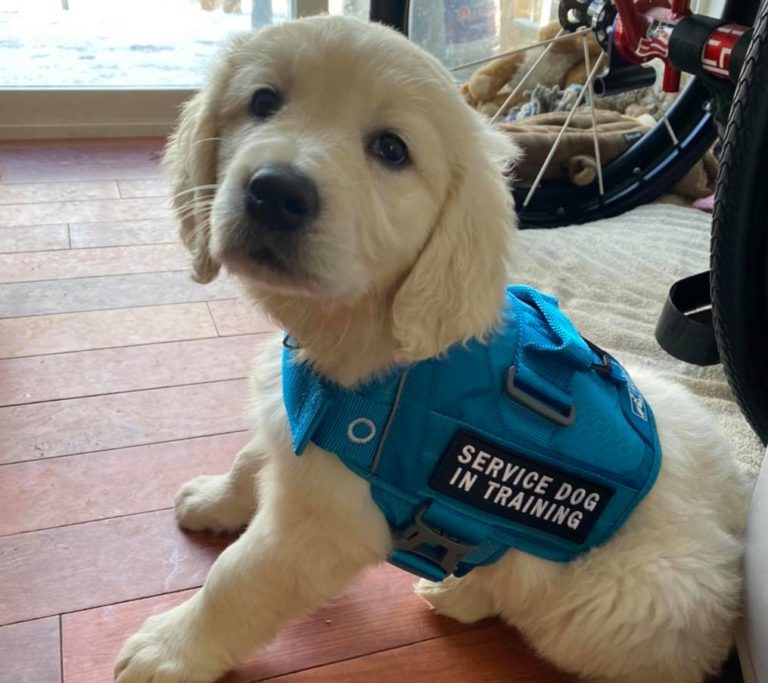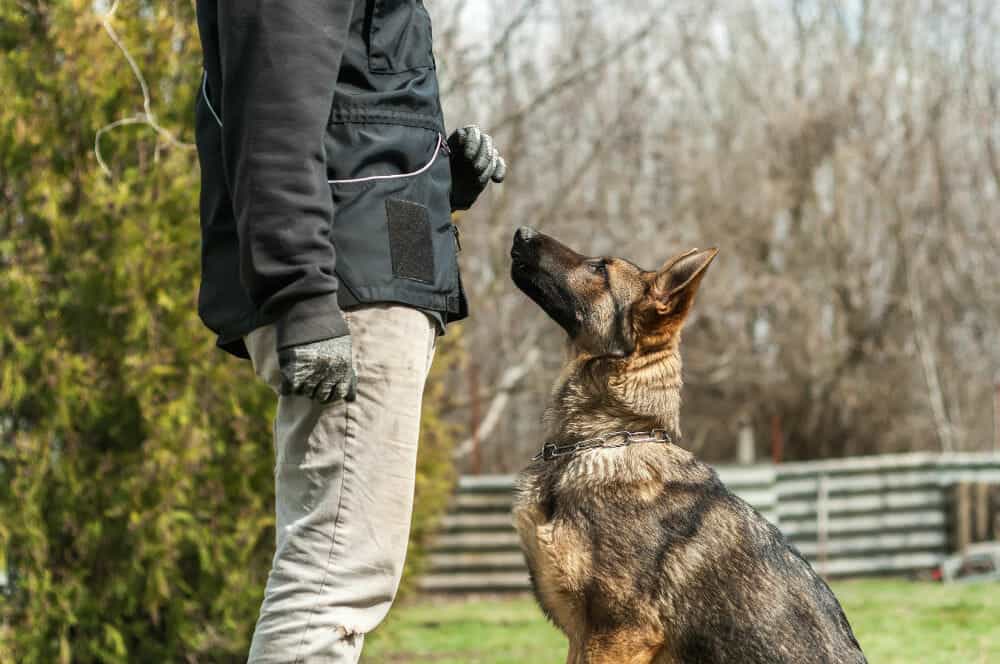Why Dog Training Near Me is Vital for Your Canine Buddy
Why Dog Training Near Me is Vital for Your Canine Buddy
Blog Article
Unlock Your Canine's Prospective: Proven Pet Training Strategies for Success
Effective canine training is a nuanced process that pivots on understanding canine habits and employing scientifically backed techniques. By integrating positive support, developing clear commands, and prioritizing socializing, pet proprietors can cultivate an effective partnership with their pet dogs.
Understanding Pet Dog Actions
Recognizing pet dog behavior is crucial for reliable training and promoting a positive partnership in between pets and their owners. A thorough grasp of canine body language, articulations, and social interactions is important for recognizing their needs and feelings. Canines interact mostly via non-verbal signs; for instance, a wagging tail might indicate excitement, while pinned ears can signify fear or submission.

Additionally, ecological variables play a substantial duty fit a pet dog's habits. Modifications in routine, new environments, or the presence of unknown individuals can lead to stress or anxiety in pets. Identifying these triggers makes it possible for proprietors to alleviate unfavorable responses and create proper training techniques.
Ultimately, a deep understanding of pet actions lays the foundation for successful training approaches, enhancing both behavior and the total bond in between the pet dog and its owner. dog training near me. This knowledge is essential for fostering a well-adjusted, satisfied canine buddy
Positive Support Strategies
Efficient training relies greatly on positive support techniques, which have actually been shown to generate considerable cause shaping preferred behaviors in pets. This approach includes rewarding a pet dog for displaying details habits, thereby boosting the likelihood that these habits will certainly be repeated. Incentives can take various types, consisting of treats, appreciation, playthings, or playtime, depending upon what motivates the private pet.

It is important to gradually phase out benefits as the dog finds out the habits, transitioning to intermittent support. This method maintains the behavior over time while protecting against reliance on constant rewards. By concentrating on favorable support, fitness instructors can cultivate a relying on partnership with their pet dogs, promoting a healthy and balanced and cooperative training atmosphere that improves overall obedience and efficiency.
Establishing Constant Commands
A fundamental element of successful pet dog training is the establishment of consistent commands. Uniformity in commands is vital for effective interaction between the fitness instructor and the dog. When commands are uniform, pets learn to connect specific words with desired habits, which accelerates the training process and improves understanding.
To develop consistent commands, it is necessary that all member of the family utilize the same terminology and motions. If one person uses "sit" while one more claims "rest down," it can create confusion for the pet dog. Select clear, distinctive words for commands and ensure everybody associated with the pet's training sticks to these choices.
Furthermore, rep is vital. Reinforce commands through regular method, making certain that the dog receives sufficient chances to react properly. When a dog effectively adheres to a command, immediate positive reinforcement ought to follow. This might be in the kind of deals with, appreciation, or play, strengthening the link in between the activity and the command.
Lastly, hold your horses. Establishing constant commands requires time and effort. With commitment and clarity, you will certainly aid your pet create a solid understanding of assumptions, eventually causing a mannerly buddy.
Socialization and Exposure
Mingling a pet dog is crucial for promoting a well-adjusted and certain buddy. This process includes revealing your canine to a range great post to read of settings, people, and other pets to create their social skills and flexibility. Early socialization, ideally in between the his comment is here ages of three to fourteen weeks, is essential, as it prepares for a pet dog's future behavior.
Throughout socialization, purpose to supply positive experiences in different setups, such as parks, busy roads, and homes with other family pets. Introduce your pet dog to various stimulations, including noises, sights, and scents, making certain that each encounter is rewarding. This direct exposure assists minimize fear and anxiousness, paving the way for an extra resistant dog.
Participating in controlled group play sessions with other pet dogs can likewise boost social skills, showing your pet ideal interactions and borders. Always monitor your pet's comfort level throughout these experiences, progressively enhancing direct exposure as their self-confidence grows. Remember, the objective is to develop an all-round pet dog that thrives in diverse circumstances, advertising an unified relationship with both human beings and various other animals. Prioritizing socialization will substantially add to your dog's overall happiness and habits throughout their life.
Overcoming Common Training Challenges

Dogs may have a hard time to concentrate in busy or unknown settings. Slowly desensitize your pet informative post dog to disturbances by starting training in a peaceful atmosphere and gradually presenting even more stimuli as they end up being skillful.
Additionally, behavioral problems like leaping or too much barking can become discouraging. Address these by teaching alternate actions, such as resting smoothly when greeting guests. Uniformity and persistence are critical; reinforce desired behaviors regularly and prevent scolding, which can cause confusion.
Finally, acknowledge that each pet dog is special, and training timelines might differ. Tailor your method to your canine's specific requirements, and seek expert assistance if required. With perseverance and the best techniques, conquering these challenges can lead to a trained, satisfied canine friend.
Final Thought
Finally, unlocking a dog's possible demands a detailed technique that includes an understanding of canine behavior, the application of favorable reinforcement strategies, and the facility of regular commands. Early socializing and exposure to varied atmospheres even more improve a pet's versatility and self-confidence. By attending to typical training challenges with customized approaches and perseverance, a cooperative and unified relationship in between canine and handler can be promoted, ultimately causing a well-behaved friend capable of thriving in numerous situations.
Reliable canine training is a nuanced procedure that hinges on recognizing canine habits and using clinically backed approaches.Comprehending pet habits is important for reliable training and fostering a favorable partnership between pets and their owners.Efficient training relies heavily on favorable reinforcement methods, which have actually been shown to produce substantial results in shaping wanted behaviors in canines. When commands are consistent, dogs discover to link specific words with preferred actions, which increases the training process and improves understanding.
In verdict, unlocking a canine's prospective demands a comprehensive method that includes an understanding of canine actions, the application of positive reinforcement methods, and the facility of regular commands.
Report this page